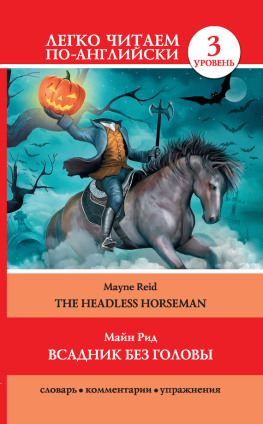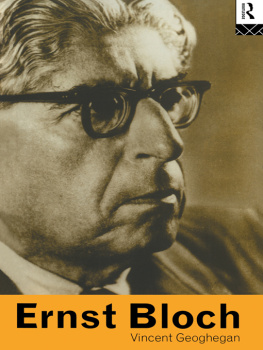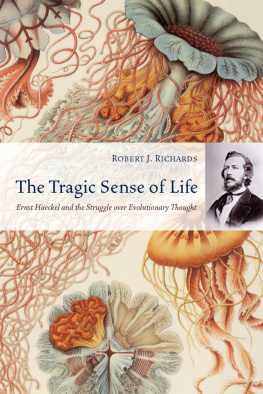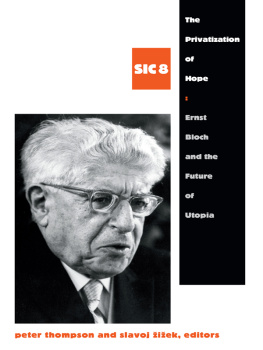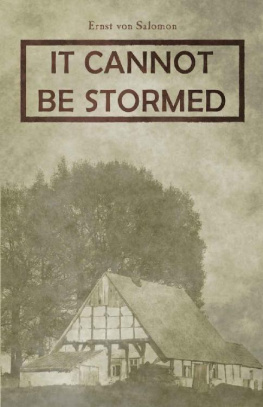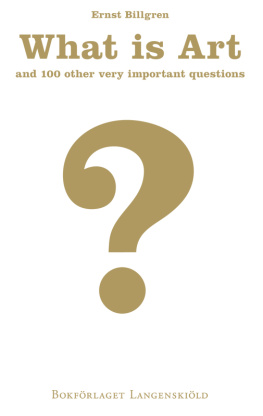Max Ernst - The Hundred Headless Woman
Here you can read online Max Ernst - The Hundred Headless Woman full text of the book (entire story) in english for free. Download pdf and epub, get meaning, cover and reviews about this ebook. year: 2017, publisher: Dover Publications, genre: Detective and thriller. Description of the work, (preface) as well as reviews are available. Best literature library LitArk.com created for fans of good reading and offers a wide selection of genres:
Romance novel
Science fiction
Adventure
Detective
Science
History
Home and family
Prose
Art
Politics
Computer
Non-fiction
Religion
Business
Children
Humor
Choose a favorite category and find really read worthwhile books. Enjoy immersion in the world of imagination, feel the emotions of the characters or learn something new for yourself, make an fascinating discovery.
- Book:The Hundred Headless Woman
- Author:
- Publisher:Dover Publications
- Genre:
- Year:2017
- Rating:5 / 5
- Favourites:Add to favourites
- Your mark:
- 100
- 1
- 2
- 3
- 4
- 5
The Hundred Headless Woman: summary, description and annotation
We offer to read an annotation, description, summary or preface (depends on what the author of the book "The Hundred Headless Woman" wrote himself). If you haven't found the necessary information about the book — write in the comments, we will try to find it.
The Hundred Headless Woman — read online for free the complete book (whole text) full work
Below is the text of the book, divided by pages. System saving the place of the last page read, allows you to conveniently read the book "The Hundred Headless Woman" online for free, without having to search again every time where you left off. Put a bookmark, and you can go to the page where you finished reading at any time.
Font size:
Interval:
Bookmark:
MINEOLA, NEW YORK
All rights reserved. Bibliographical Note This Dover edition, first published in 2017, is an unabridged republication of the Dorothea Tanning translation of the work as published by George Brazilier. New York, in 1981. The work was originally published as La femme 100 ttes by Editions du Carrefour, Paris, in 1929. International Standard Book NumberISBN-13: 978-0-486-81911-2ISBN-10: 0-486-81911-6 Manufactured in the United States by LSC Communications 81911601 2017 www.doverpublications.com
The most we can hope for is to peek into some old gilt-edged volume, some pages with turned-down corners (as if we were only allowed to find the magicians hat), sparkling or somber pages that might reveal better than all else the special nature of our dreams, the elective reality of our love, the manner of our lifes incomparable unwinding. And if such is the way a soul is formed, how would one view the ordinary simple soul that is daily formed by sight and sound rather than texts, that needs the massive shock of the sight of blood, the ceremonious blacks and whites, the ninety-degree angle of spring light, the miracles found in trash, the popular songs; of that candid soul that vibrates in millions and that on the day of revolution, and just because of that simple candor, will carve its true emblems in the unalterable colors of its own exaltation. These colors that are all we want to remember of the anthems, golden chalices, gunfire, waving plumes and banners, even when they are absent from these pages, pages forming a luminous bouquet above a far-away phrase (Shoking cried: Peace, Sultan! or His half-open coat disclosed a lamp hanging from his neck or All seized their swords in the same instant) suspended from a phrase waking the echoes of the pass dfinifor some reason ever more mysteriousare, for better or worse, from birth to death, the colors that dye our enchantment and our fear. Spoken or written language cannot describe an event in the way it brings about the highly suggestive and furtive displacements of animate or inanimate beings, and it is patently evident that one cant give even a hint of a character while trying to lend him some interest without revealing his full portrait. How not to deplore then the fact that until now only rather flat adventure stories have been the object of the kind of inquiry that occupies us here, and that even now most of the artists charged with giving greater value to tales which, without their intervention would remain ephemeral, have not hesitated to deflect attention from that which occurs by the authors intention and instead bring it to focus on their style? Thus one can proclaim the genius of those anonymous illustrators of The Chronicle of the Duke Ernst and Fantmas in their wholehearted submission to the faintest caprices of a text or their enthusiastic search for the tone to which a work aspires. It remained to examine these grid-covered pages, out of a thousand old books with all kinds of titles, of forgotten identityby which I mean that they are no longer read.
These illustrations, unlike the impossibly boring texts they refer to, represent for us a plethora of such disconcerting conjectures that they become precious in themselves, as is the meticulous reconstruction of a crime witnessed in a dream, without our being in the least concerned with the name or motives of the assassin. Many of these pictures, full of an agitation all the more extraordinary for its cause being unknown to usand the case is the same with diagrams from, say, some technical work, providing we know nothing of itgive an illusion of veritable slits in time, space, customs and even beliefs, wherein there is not one element that isnt finally a risk, and whose use, to fulfill even the elastic conditions of verisimilitude, would be unthinkable for any other purpose: this man with white beard coming out of a house holding a lantern, if I cover the rest with my hand, might find himself face to face with a winged lion; if I cover his lantern he might just as easily, thus posed, drop stars or stones to the ground. Superposition, if I am not careful, and even if I am, operates moreover, if not strictly speaking before our eyes, at least very objectively and in a continuous manner. This marvelous array, that skips pages as a little girl skips rope or traces a magic circle to use as a hoop, roams day and night the warehouse where all those things we involuntarily accept or reject are stored in the greatest disorder. Each ones special truth is a game of solitaire in which he must quickly choose his cards from among all the others and without ever having seen them before. Everything that has been written about, described, called fake, doubtful, or true, and above all, pictured, has a singular power to touch us: it is clear that we cant possess it all and so desire it all the more.
The wisest of men tends to play with some grave science or other almost as with the evanescent images of a flickering fireplace. History itself, with the childish impressions that it leaves in our mindsmore likely of Charles VI or Genevive de Brabant than of Mary Stuart or Louis XIV history falls outside like snow. One awaited a book that would take into account the drastic exaggeration of those salient lines emphasized by the attenuation of all the others, a book whose author had the drive needed to bring him to the top of the precipice of indifference where a statue is far less interesting on its pedestal than in a pit, where an aurora borealis reproduced in the magazine Nature is less beautiful than in any unexpected elsewhere. Surreality will be, moreover, the means of our wish for total evasion (and it is understood that one can go so far in dislocating a hand from its arm that the hand thereby becomes increasingly hand, and also that in speaking of evasion we are not only referring to space). We awaited a book that avoids all parallels with other books aside from their mutual use of ink and type, as if there were the slightest need, in making a statue appear in a pit, to be the sculptor! I would add, besides, that in order to be truly displaced, the statue had to have once lived a conventional statue-life in a conventional statue-place. The entire value of such an enterpriseand perhaps of all artistic enterpriseseems to me a question of choice, of audacity and of the success, by ones power of appropriation, of certain transformations. One awaited a book that refused at once the mysterious, the troubled qualities of many universes that are similar by virtue only of a rather meaningless physio-moral principle and are, to say the least, undesirable in any sense of grandeur (lets take a bottle: they immediately think we are about to drink, but no, it is empty, corked, and bobbing on the waves; now theyve got it: it is the bottle on the sea, and so on).
Everything has a use other than the one generally attributed to it. It is even out of the conscious sacrifice of their primary usage (to manipulate an object for the first time not knowing what is or was its use) that certain transcendent properties can be deduced, properties that belong to another given or possible world where, for example, an axe can be taken for a sunset, where the virtual elements are not even admissible (I imagine a phantom at a crossroads consulting the road sign), where the migratory instinct usually attributed to birds, encompasses autumn leaves, where former lives, actual lives, future lives melt together into one life; the
Font size:
Interval:
Bookmark:
Similar books «The Hundred Headless Woman»
Look at similar books to The Hundred Headless Woman. We have selected literature similar in name and meaning in the hope of providing readers with more options to find new, interesting, not yet read works.
Discussion, reviews of the book The Hundred Headless Woman and just readers' own opinions. Leave your comments, write what you think about the work, its meaning or the main characters. Specify what exactly you liked and what you didn't like, and why you think so.



